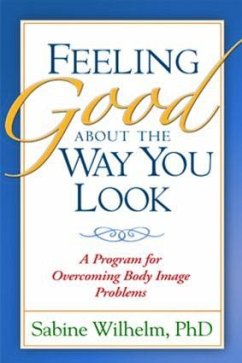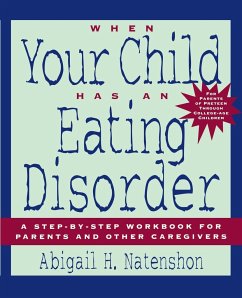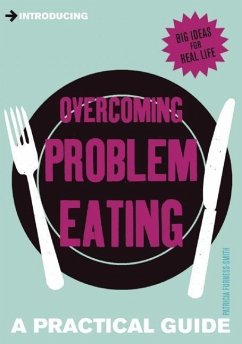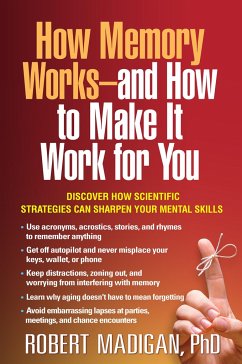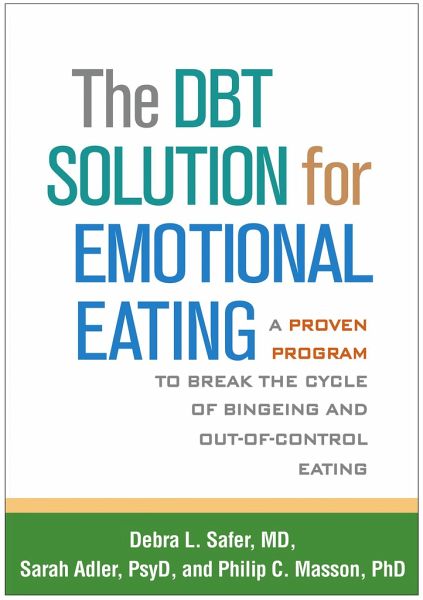
The Dbt Solution for Emotional Eating
A Proven Program to Break the Cycle of Bingeing and Out-Of-Control Eating
Versandkostenfrei!
Versandfertig in über 4 Wochen
29,99 €
inkl. MwSt.

PAYBACK Punkte
15 °P sammeln!
Eating can be a source of great pleasure--or deep distress. If you've picked up this book, chances are you're looking for tools to transform your relationship with food. Grounded in dialectical behavior therapy (DBT), this motivating guide offers a powerful pathway to change. Drs. Debra L. Safer, Sarah Adler, and Philip C. Masson have translated their proven, state-of-the-art treatment into a compassionate self-help resource for anyone struggling with bingeing and other types of "stress eating."



